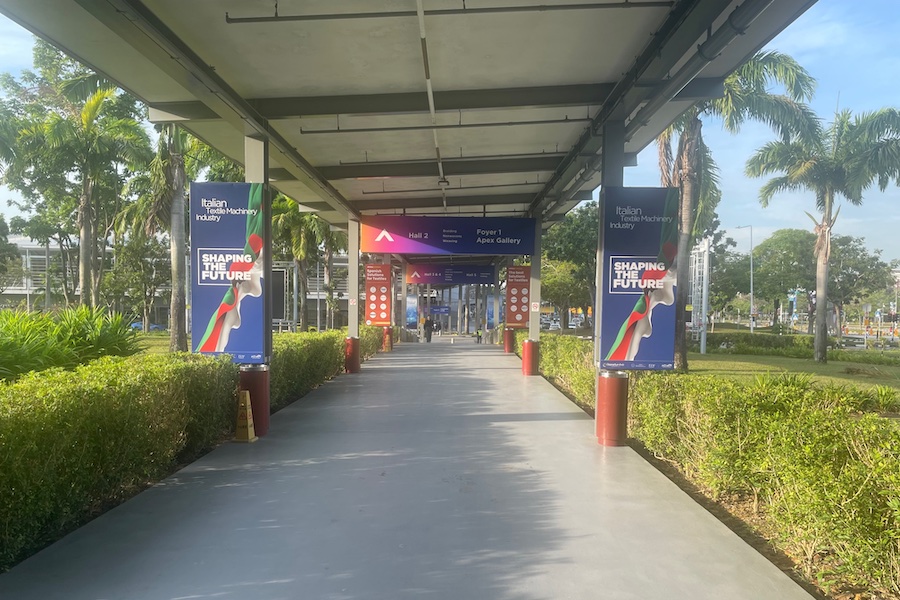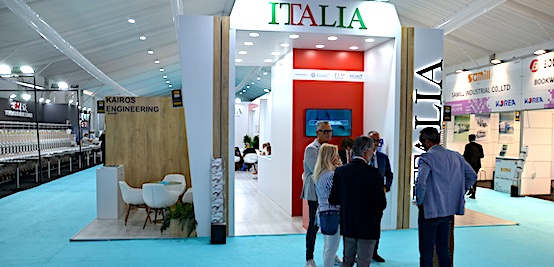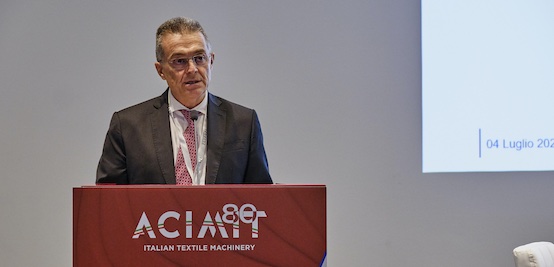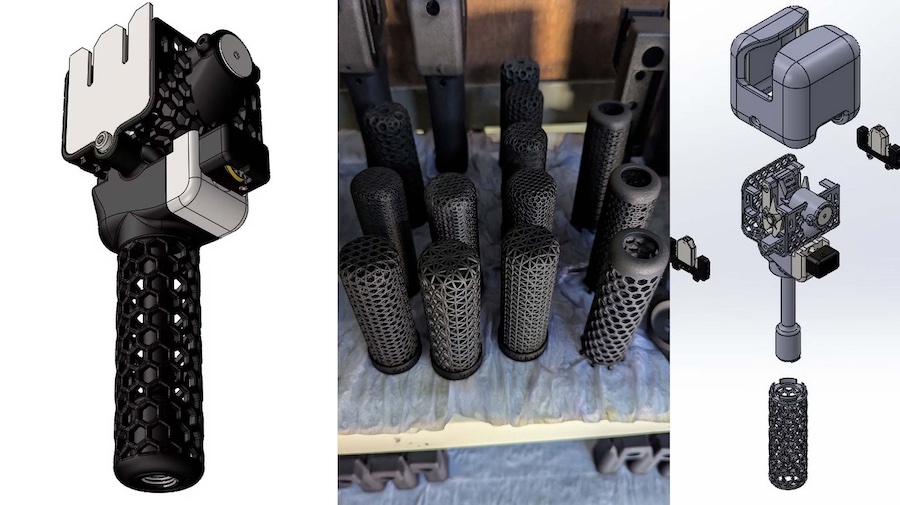#Associations
Italian Textile Machinery: 2024 marked by challenges and a light slowdown - Focus now on the strength of Made In Italy
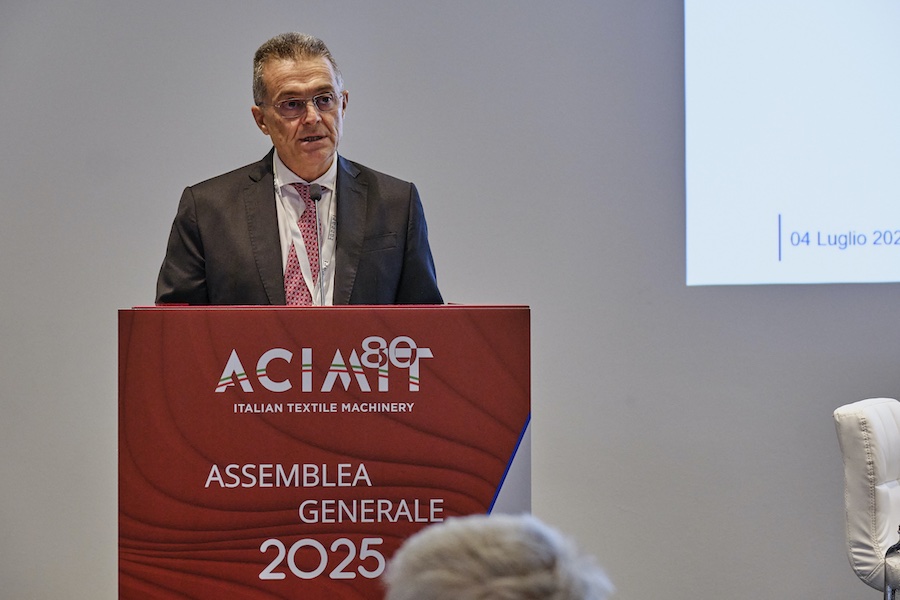
These results are set against a fragile international scenario, with similar trends observed by the main competitors of Italian manufacturers too. China, Turkey, India, and the United States remained the primary export destinations for Italian textile machinery in 2024, despite a persistently weak demand. The first months of 2025 have opened under the same sign of uncertainty.
“U.S. protectionist policies and mounting geopolitical instability risk further slowing global investments in the textile and apparel sector,” commented Salvadè. “In particular, any escalation of the trade war would prove even more damaging to the entire supply chain.”
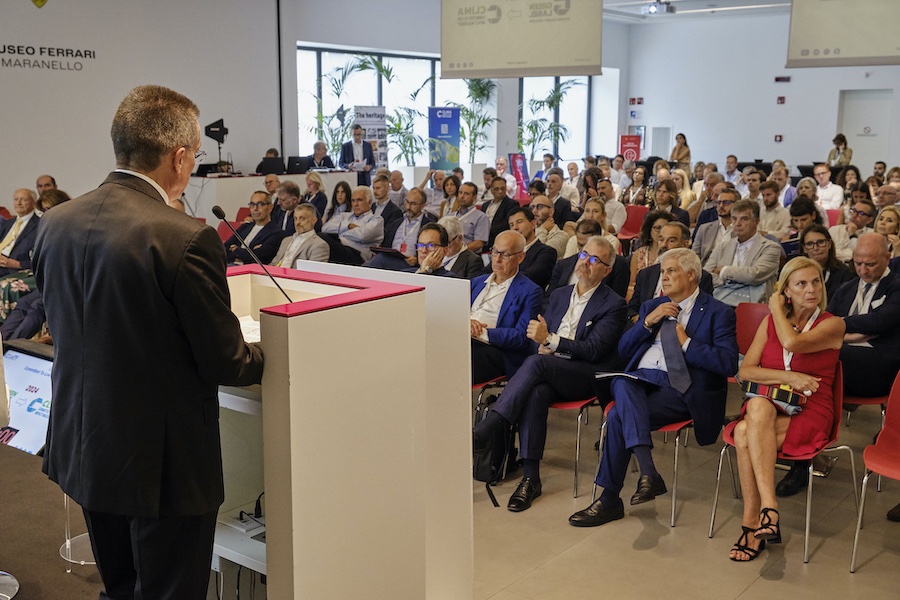
The protection of authentic Made in Italy is regarded as an urgent priority by the Association. The experience of our workforce, creativity, and an unwavering drive for innovation remain the cornerstones of our success. “It is therefore essential,” Salvadè reaffirmed, “to defend and promote true Made in Italy—products designed and manufactured in Italy without compromise, distinguished by the quality and creativity for which we are renowned worldwide.”
The Assembly also celebrated ACIMIT’s 80th anniversary. “An important milestone that invites us to look back with pride and ahead with renewed passion and responsibility,” the ACIMIT President emphasized. Trade tensions and regional conflicts have reshaped international equilibria, directly impacting corporate strategies. The Italian textile machinery industry, with its strong export orientation, is particularly exposed to these dynamics. While it continues to hold a leading position on the global stage, it must question whether its traditional formula, based on innovation and internationalization, remains fully adequate.
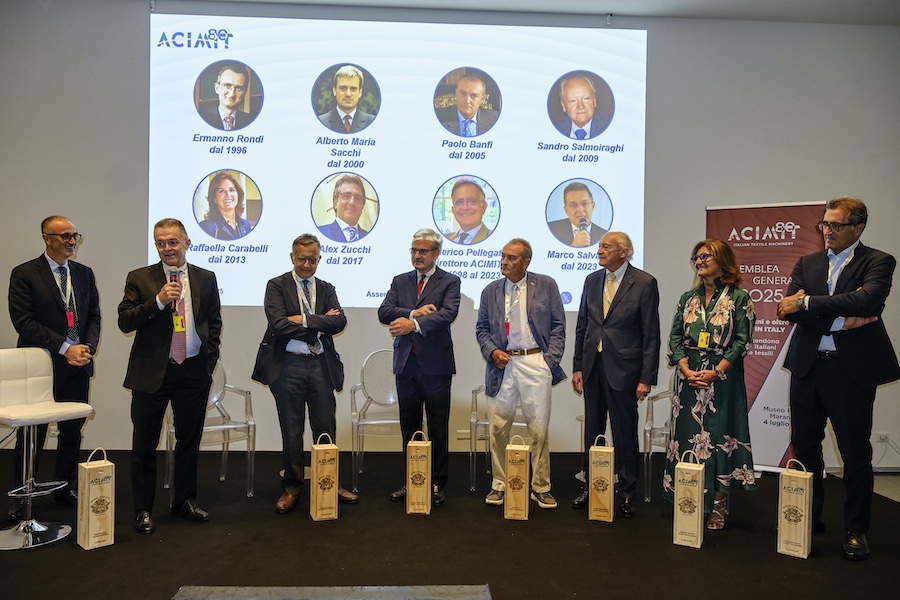
These themes were the focus of the roundtable discussion held during the public session of the Assembly, addressing three key topics for the future of the sector: internationalization, innovation, and sustainability. Participants agreed on the strategic importance of enhancing Made in Italy to boost the competitiveness of Italian companies. The future of Italy’s textile machinery sector cannot forgo a continued drive for innovation, capable of delivering sustainable solutions with low environmental impact while also reducing production costs. The debate further highlighted the crucial need to consolidate the presence in international markets, both mature and emerging, through initiatives that can strengthen the global leadership of Italian-made machinery.



